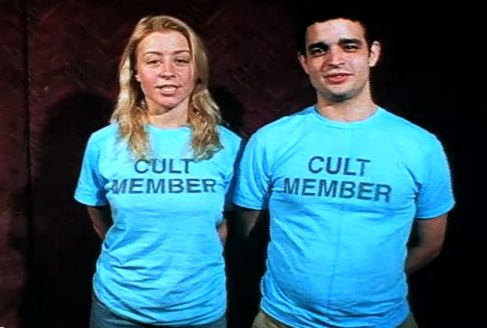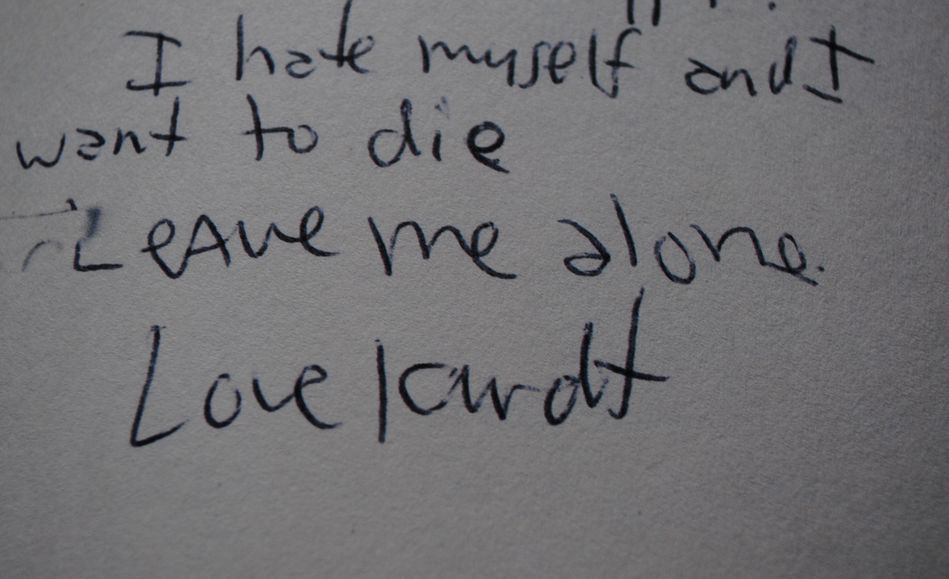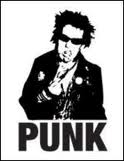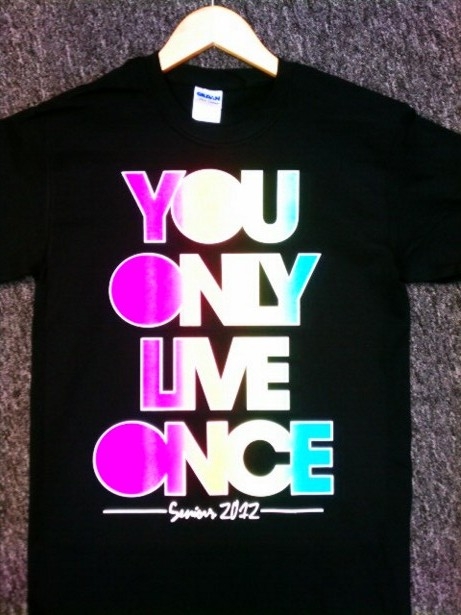Serious action
By giving immediate access to the outer reaches of our social networks, the internet encourages us to take social risks to define our character in a moment rather than accept the embedded identity we build over time
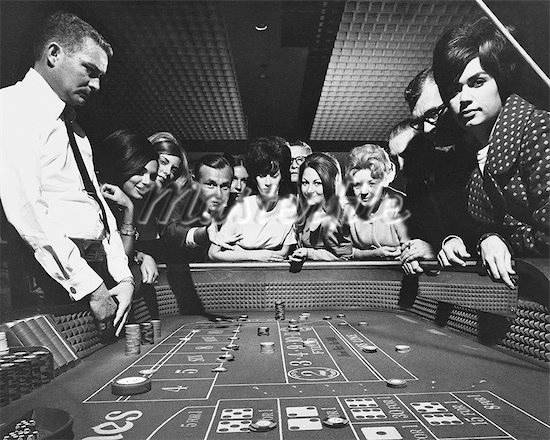
I have a long essay in the latest New Inquiry issue about the metaphor of "microfame" and what sort of ideological work it performs. (It's not online yet, but it will be sometime this month.) I think I let the ideas marinate too long and they ended up saturating my thinking so much that the essay became a stew that I threw whatever I came across into. Every kind of visibility is microfame, everywhere, all the time! This is one of the reasons I'm terrible at working on longer pieces. I spend too much time with the ideas, and when the essay is finished I want to repudiate them all. One of the dubious claims I was trying to make was that people using social media in a "microfame" sort of way are (1) seeking intensity to make up for the… Read More...

